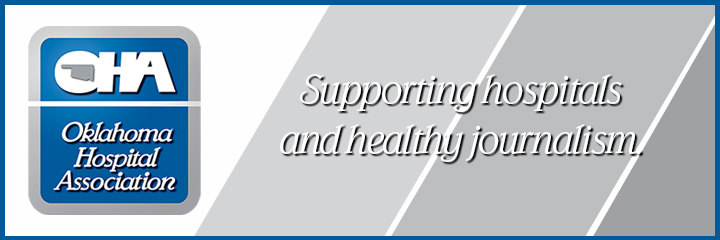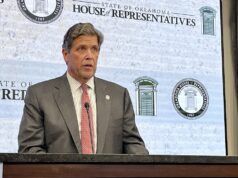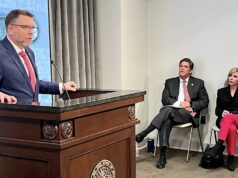
This is the fourth effort in an ongoing serialization about how the collaboration of Amazon, Berkshire Hathaway and Chase Bank (which I refer to collectively as ABC) might change the rules of health care to totally reform our delivery system. Last month, I examined how para-professional groups lobby state legislatures to increase their autonomy from direct physician supervision.
The fact that those efforts are bearing fruit in numerous states tells us one of three things: The physicians’ lobby, through medical associations, are losing their influence, or the para-professionals are gaining in clout, or a combination of both. It is clear the ironclad hold that organized medicine had over the legislative process is diminishing, in turn weakening the first rule of health care: It requires a doctors’ approval for anything of substance to occur in the health delivery system. For this movement to gain strength, payers must be convinced that it is in their best interest to encourage physician dominance to dwindle.
Generational differences reduce reliance on physicians
Other cracks are beginning to appear in physicians being recognized as the sole dispenser of medical wisdom. Increasingly, young adults use physician advice and instructions as only one of many opinions to which they will ascribe. For instance, I am aware of millennials who routinely decide what drugs their doctors prescribe are worthy of being taken. They will routinely consult the internet concerning the side effects of prescribed medications and independently decide whether they wish to comply with the physician’s instructions. From a patient’s point of view, this sort of self-anointed treatment based on what a patient has discovered on Google can be potentially harmful. This trend to view the physician’s advice as simply one of several different recommendations is potentially dangerous. Nevertheless, this is happening with increasing frequency.
It also seems that the whole process of physician consultation is becoming less attractive to the average millennial. The idea of calling for a doctor’s appointment, waiting a month to have that appointment scheduled, then waiting an hour in the doctor’s office seems to have little appeal to that generation.
It should come as no surprise that a generation that has never known a time without a communication device at their disposal would prefer, trust and value their handheld device over face-to-face communication. It should also come as no surprise that they would trust information derived from that device as more important and timely over anything they might be told in a physician’s office. Members of my own family will listen patiently to their physician’s advice and then proceed directly to the internet to test that advice and determine which of the physician’s directives and prescriptions they might wish to follow. The question remains: How might the ABC collaborative use this skepticism of physicians’ advice to curb the increase in medical expenses?
One step closer to bypassing physicians altogether
Clearly, physicians are the best trained to recognize and understand the complex nuances of the disease process and how various treatments and medications might impact an individual’s health. There was a time in the recent past when physician orders would be accepted and, more importantly, paid for without question. Today, however, insurance companies and Medicare routinely challenge a physician’s orders and often refuse to pay for services delivered by a provider but judged to be inappropriate. When one marries this phenomenon of payers challenging physicians’ instructions to that of patients self-diagnosing and treating themselves via the internet, it seems we are one small step away in challenging the rule that everything in health care starts with a doctor’s order.





















